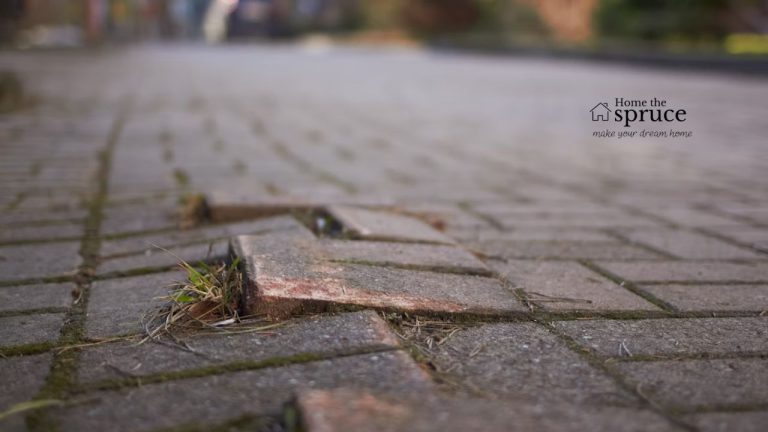When people think of San Diego, the first images that come to mind usually include sun-drenched beaches, flip-flops, and blue skies. But even in this Southern California paradise, rain does fall especially between November and March. While not as intense as other regions, San Diego’s rainy season can still cause significant disruptions to infrastructure and home systems. Among the many things you should keep an eye on during the rainy months, your backflow system is a critical one. Neglecting it during the wet season can put your home and water supply at risk.
Why Your Backflow System Needs More Attention in Rainy Months
Backflow systems prevent contaminated water from flowing into your clean water supply. When heavy rain hits, the risk of backflow increases due to water pressure changes and potential flooding. Stormwater can overwhelm municipal drains, and when the pressure in your pipes drops due to high demand or pipe breaks, dirty water can be sucked back into your home’s plumbing system.
Even small issues like improperly sealed backflow devices or clogged drains can allow contaminants into your water supply. And since backflow isn’t always visible or immediate, you may not notice a problem until it’s already affected your water quality.
Common Issues Triggered by San Diego’s Rain
During the rainy season in San Diego, several hidden plumbing issues tend to surface due to excess water and shifting environmental conditions. Flooding streets and saturated soil may not seem like major threats at first, but they can cause substantial stress on your home’s backflow system. Prolonged rain can lead to pressure changes, misalignment of plumbing components, and unintentional cross-connections between clean and contaminated water supplies.
Water accumulation around your foundation or near irrigation lines can result in an increased risk of backflow, especially if your backflow preventer isn’t sealed tightly or has not been maintained. Moreover, storm drains becoming overloaded can shift the balance of water pressure in the municipal lines, directly impacting your private plumbing system. If you’ve ever experienced muddy tap water or unexplained low pressure after a rainstorm, your backflow device may be the silent culprit.
How to Tell If You’re at Risk
If you own a property with irrigation systems, fire sprinklers, or a private well, you’re already required by law to have a backflow preventer. But legal compliance doesn’t always mean you’re fully protected if your device hasn’t been tested recently.
Some signs you might be at risk during the rainy season include:
- Gurgling noises from your pipes
- A drop in water pressure
- Cloudy or discolored tap water
- Water pooling around your outdoor plumbing fixtures
- An unusually high water bill
These symptoms don’t always scream backflow problems, but they’re red flags that shouldn’t be ignored during the rainy season.
The Role of Regular Backflow Testing
One of the best ways to protect your home and health is through regular backflow testing. San Diego requires annual testing of all backflow prevention devices by a certified tester.
Testing ensures your device is working properly and not leaking or blocked. It can catch issues before they become expensive repairs or cause water contamination.
A certified technician will test the pressure zones of your device, check valve closures, and ensure everything is in good working order. The entire process typically takes less than an hour and can save you major headaches down the road.
What Happens If You Skip Maintenance?
Skipping maintenance on your backflow device during the rainy season can have serious consequences. Contaminated water might contain bacteria, chemicals, or waste that can cause illness or property damage.
Even more troubling, if your system does cause contamination, you could be held liable. The city can issue fines, and you may be required to replace the system entirely. And no one wants to explain to their neighbors why the water supply was compromised.
Routine maintenance is a relatively small effort compared to the potential impact of ignoring your backflow system.
Don’t Let Plumbing Be the Weak Link in Your Home’s Defense
You’ve probably already taken steps to rainproof your roof, clean your gutters, and maybe even stock up on sandbags if you live in a flood-prone area. But plumbing systems are often overlooked until something goes wrong.
Don’t let bad plumbing work affect your home. Take care of your property with quality Backflow Repair Services at San Diego Backflow Testing. Their certified technicians understand the unique demands of San Diego’s rainy season and can provide fast, efficient, and professional help to keep your water safe.
Tips for Staying Proactive
You don’t need to wait until the rain starts pouring to protect your backflow system. Here are a few easy things you can do today:
- Schedule your annual backflow test: Ideally, do this before the rainy season hits.
- Check outdoor plumbing: Look for signs of corrosion or wear on your irrigation and hose bibs.
- Clear drains and gutters: Prevent pooling water that might compromise your system’s components.
- Install covers or barriers: Protect exposed plumbing from heavy rain or debris.
- Know your shut-off valves: In case of a plumbing emergency, it helps to know how to quickly stop the flow of water.
Preventive care might take a little time upfront, but it can save you from big problems and bills later.
Stay Dry, Stay Safe
The rainy season in San Diego might not bring hurricanes or blizzards, but that doesn’t mean it’s harmless. Your backflow system is a critical, often invisible part of your home’s infrastructure. By giving it the attention it deserves, you protect more than just your plumbing. You safeguard your health, your property, and your peace of mind.
Whether it’s been a year since your last test or you’re not sure when your device was last inspected, the rainy season is the perfect reminder to check in and get ahead of any hidden issues.
Admin Recommendation
How to Set Up My Home Decoradtech
Mistakes to Avoid When Repairing Your Home












